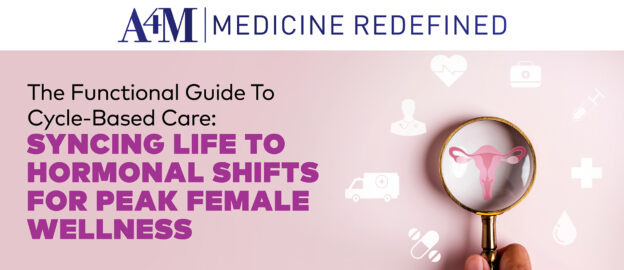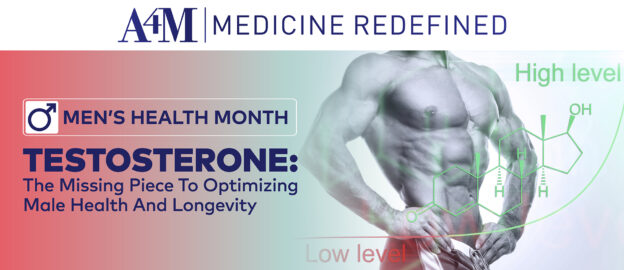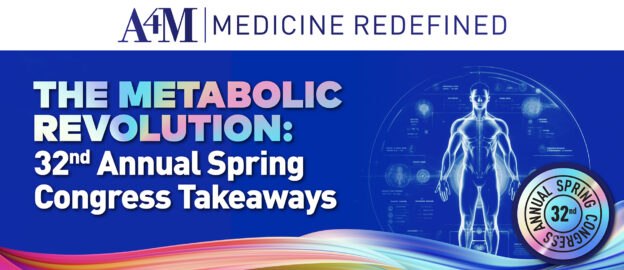Eleven studies met criteria for being considered high quality, with nine studies indicating that rates of completed or attempted suicide were highest during menstruation and two studies indicating these rates were highest premenstrually. – Handy, Ariel B et al. “Psychiatric Symptoms Across the Menstrual Cycle in Adult Women: A Comprehensive Review.”
This startling revelation appears in an article published in the April 2022 edition of the Harvard Review of Psychiatry.
Notably, the study continues to connect specific phases of the menstrual cycle to psychosis, mania, depression, binge eating, and alcohol abuse – comorbidities rarely seen outside of severe psychiatric disorders.
Challenging the conventional view of the menstrual cycle as a mere monthly inconvenience, this research reveals hormonal fluctuations as complex physiological processes with a profound (and potentially deadly) impact on female physical and mental health – an impact that extends far beyond the commonly understood symptoms of premenstrual syndrome, or PMS.



